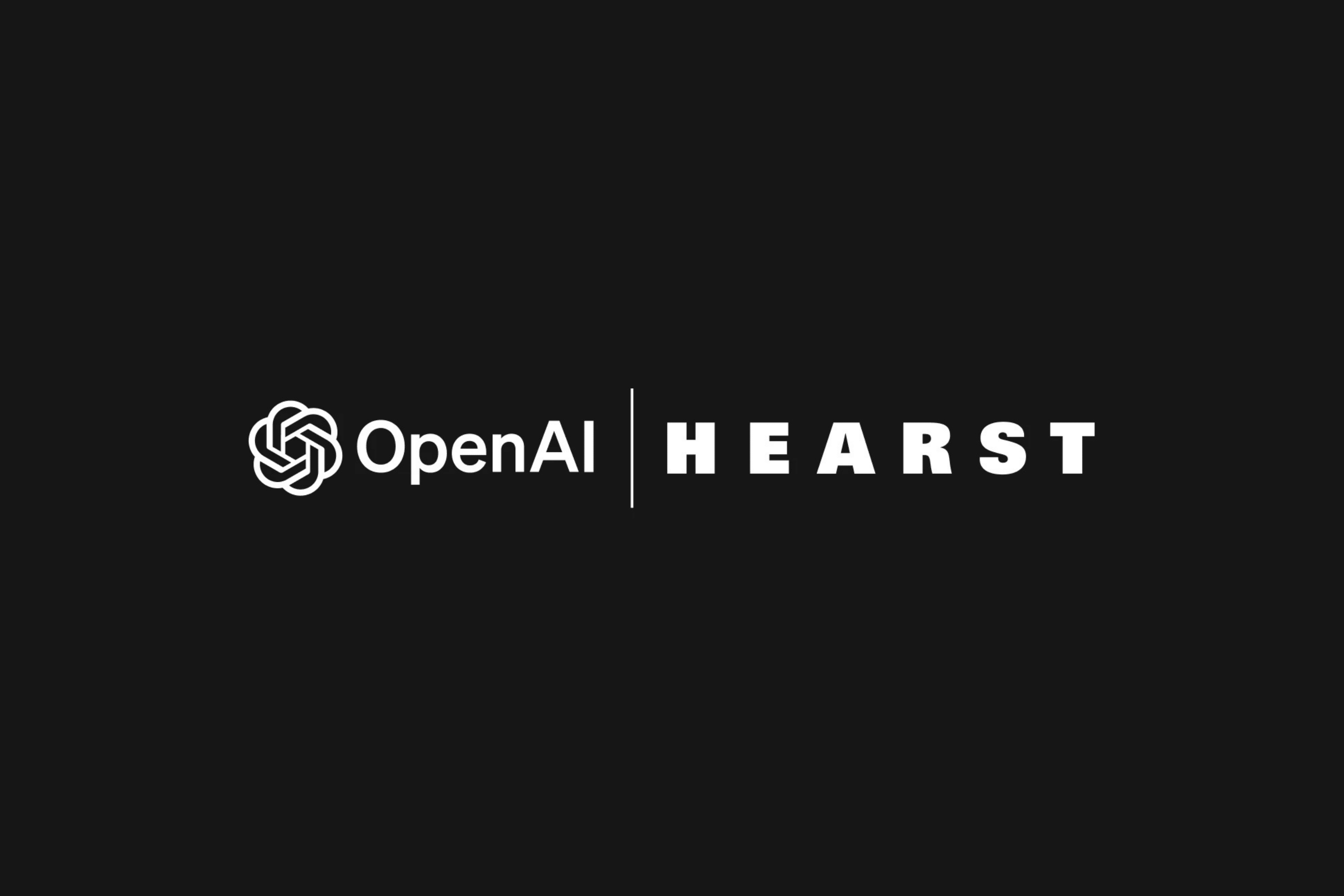
OpenAI has entered into a new partnership with Hearst, the company behind well-known publications like Cosmopolitan, Elle, Esquire, and the San Francisco Chronicle.
This deal, announced on Tuesday, will allow content from more than 60 Hearst-owned media outlets to appear in OpenAI’s products, such as ChatGPT and SearchGPT. Over 20 magazine brands and more than 40 newspapers owned by Hearst are part of this agreement. When this content appears in OpenAI’s tools, users will see citations and direct links to the original sources, helping to ensure proper credit.
Debi Chirichella, President of Hearst Magazines, described the deal as a step forward in the evolution of magazine content, noting how the partnership will help shape the future of how people access and engage with Hearst’s materials. Jeff Johnson, President of Hearst’s Newspapers unit, also highlighted the importance of maintaining professional journalism within AI products. He said the deal will bring Hearst’s reliable, curated content to platforms like ChatGPT, providing users with more timely and relevant results.
Although the financial terms of this partnership were not shared, it is clear that Hearst has become the latest in a series of major media companies to team up with OpenAI. Earlier this year, OpenAI signed similar agreements with other prominent publishers, including:
- Condé Nast (August 2024): This partnership gave OpenAI access to media brands such as Vogue, The New Yorker, GQ, Vanity Fair, and Wired.
- Time Magazine (June 2024): OpenAI entered a multi-year deal to access over 100 years of the magazine’s archives.
- News Corp. (May 2024): This agreement provided access to The Wall Street Journal, MarketWatch, Barron’s, and the New York Post.
These partnerships have granted OpenAI extensive access to top-tier journalistic content from various prestigious outlets. This announcement also comes after OpenAI raised $6.6 billion in venture capital funding, which was revealed just last week.
Media Outlets Push Back Against AI Use of Content
However, not all media companies are embracing these partnerships with AI platforms. Some have raised concerns about how their content is being used.
Last December, The New York Times filed a lawsuit against OpenAI and its backer, Microsoft, alleging that their articles were being used unlawfully to train ChatGPT’s models. The lawsuit is demanding damages worth billions. Other publishers, like the Chicago Tribune and New York Daily News, have also taken legal action against OpenAI. In June, the Center for Investigative Reporting, the nation’s oldest nonprofit newsroom, joined this trend, suing OpenAI and Microsoft for copyright infringement.
These lawsuits reflect broader concerns within the media industry, as AI-generated content becomes more common. In response, some AI companies have introduced revenue-sharing models to compensate content creators. Perplexity AI, for example, launched its “Publishers Program” in July, after facing plagiarism accusations. This program allows media outlets like Fortune, Time, and The Texas Tribune to receive a share of the revenue generated from their content being used by AI.
Featured Image courtesy of OpenAI
Follow us for more tech news updates.
